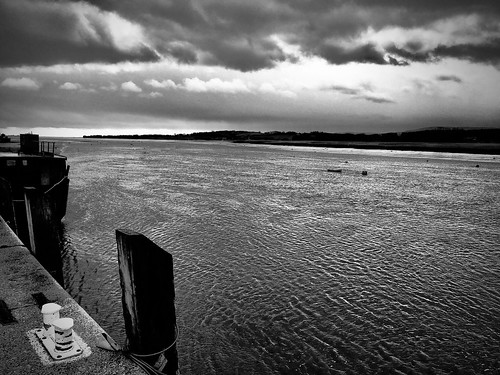
I remember the old guideline for corporate (and other) logos was to use an absolute maximum of three block colours. It was partly so that the logo could transfer easily to varied media and surfaces. I get it that with modern media and emoticons there is some scope for relaxation, but I still worry when I see overly fancy graphics for the logo.
Carillion were in the ornate category. The companies they took over all had fairly plain 'no nonsense' building company type logos, but the resultant frippery used by carillion was only one character away from setting bells ringing.

I'm sure lengthy investigations will unpeel some of the horrible situation, but here's another example of some well remunerated captains of industry driving a company onto the ice.
At initial glance it seems strange that a company winning bids for huge government contracts could find itself in this position. Here's the organisation that had a significant hand in the building of the Tate extension, the Channel Tunnel, has won extensive HS2 contracts, bids to build schools, is the biggest manager of UK Ministry of Defence bases...the list goes on.
There's talk now of the extra government contract awards to Carillion after their July 2017 profit warnings. My custom chart via the FT illustrates the situation, and I've thrown in a linear regression to doubly make the point.

It makes me wonder what the Government guidelines on Management of Risk (M_o_R) are actually used for? It would be handy to know how to spot a downward trend and maybe to have some remediations. Of course, the smart hedge funds could see the situation back in July. They made Carillion the biggest UK shorted stock - itself a cause for some alarm. Blackrock (that employer of consultant George Osborne) was amongst the top shorters, in effect betting that the share price will fall so that they can make a profit.

Popular gossip was that Carillion was underbidding for some of its contracts , in other words 'buying the business'. I don't know about that, but I do know that there has been a fairly unremitting increase in category management advisory services, which should provide all around advice to purchasers of services. The advisors' magic trick is to zero in on 'savings' which effectively pushes down the rates that suppliers can charge. It is okay up to a point, but when the supplier is no longer able to function with a sensible profitability than it jeopardises the whole situation.
I don't know whether that was happening with Government procurement of Carillion services and a labyrinthine middle tier structure doesn't help to make things any clearer. That's because Carillion itself sub-contracted, via similar category management, to other lower level suppliers. Wheels within wheels.
There seems to be around £5 billion in play with the entirety of the Carillion situation, plus more than half a billion linked to pension scheme deficits. Now that the first-to-get-paid advisors like PWC have moved in, there will discussions about who will get anything from the situation and where the shortfall money will be parked.
What is already noticeable is that early positioning is drifting the deficit towards the smaller people - suppliers to Carillion, retail shareholders, people in the pension system.
Yet the big chiefs guiding all of this have done okay. Just like chief executive Richard Howson who earned £1.5m in 2016, including £591,000 in bonuses. For some that would be a lifetime's earnings. But wait - although he has already stepped down, he was due to stay on the payroll to pick up another £660,000 salary and £28,000 benefits through to October 2018. He wasn't the only one on that HS gravy train.
Does it seem strange that a business with an almost never-ending supply of UK Government contracts could find itself in this position? Maybe it was enforced low margins? Perhaps it was an over bloated middle management? Perhaps it was a lack of risk management? Maybe the whole value chain was tainted in some way? Behind the headlines there's the 20,000 UK employees affected, plus a similar number on overseas projects.
But by now Blackrock and the other hedge funds have moved on. Other heavily shorted stocks at the moment include Mitie, Marks and Spence and Ocado.
Watch out.




















































